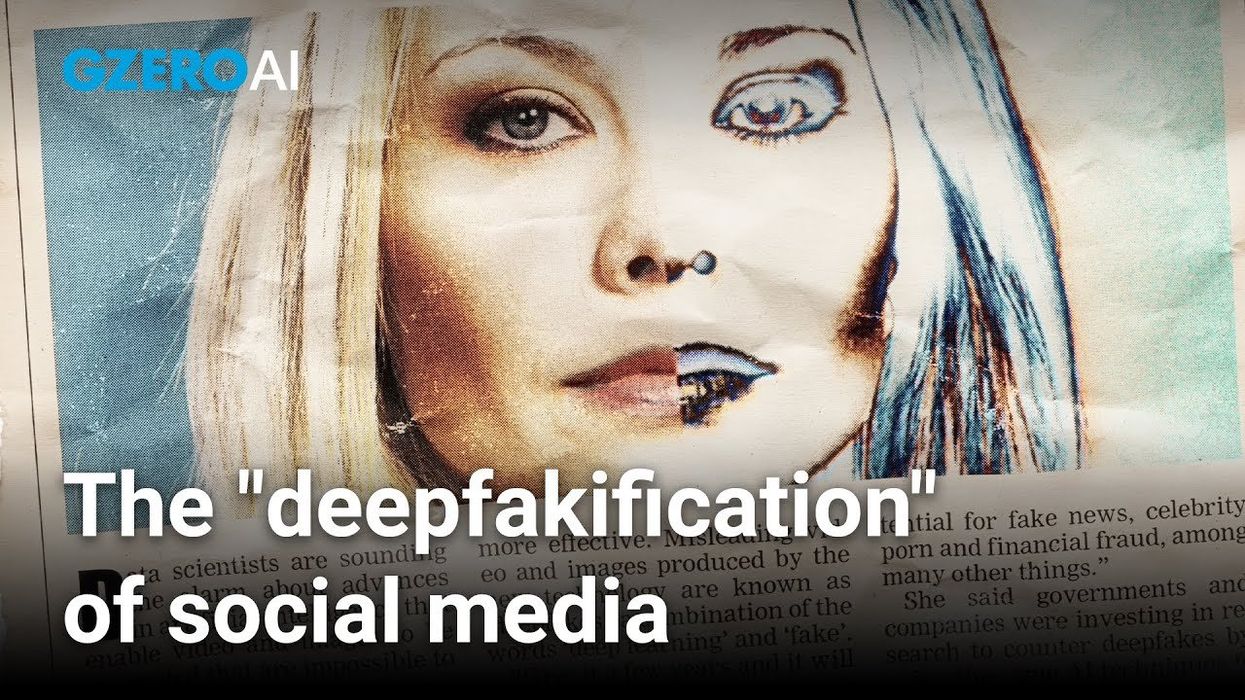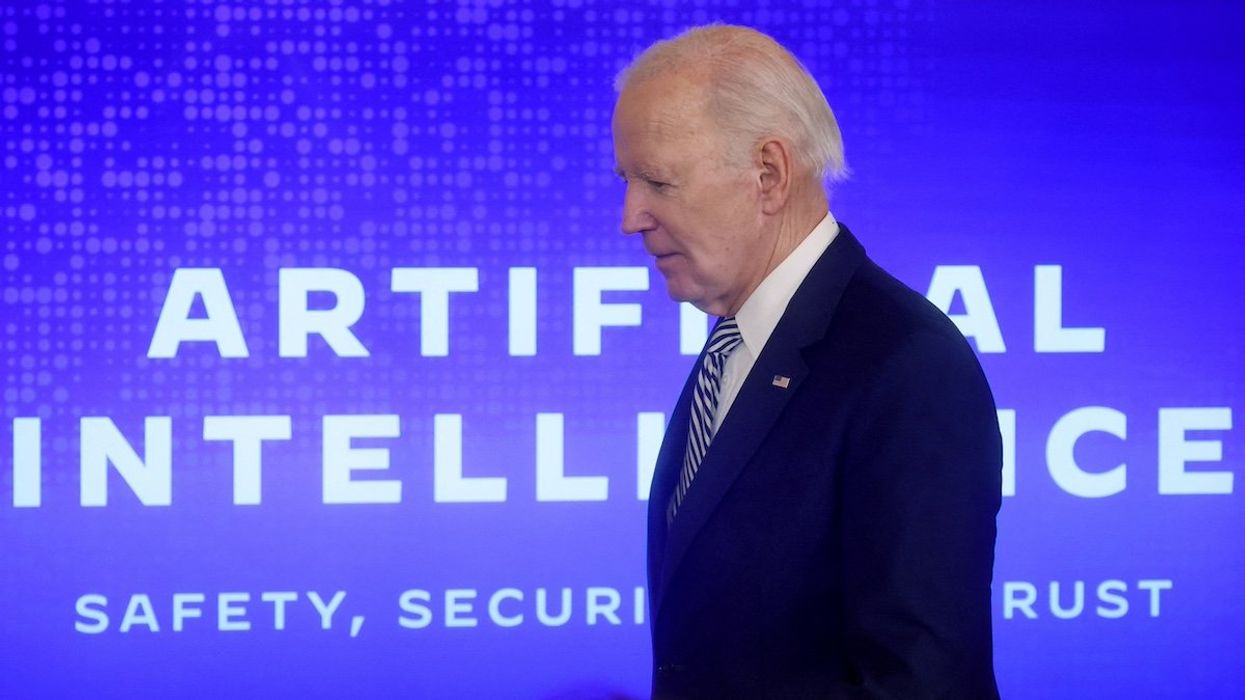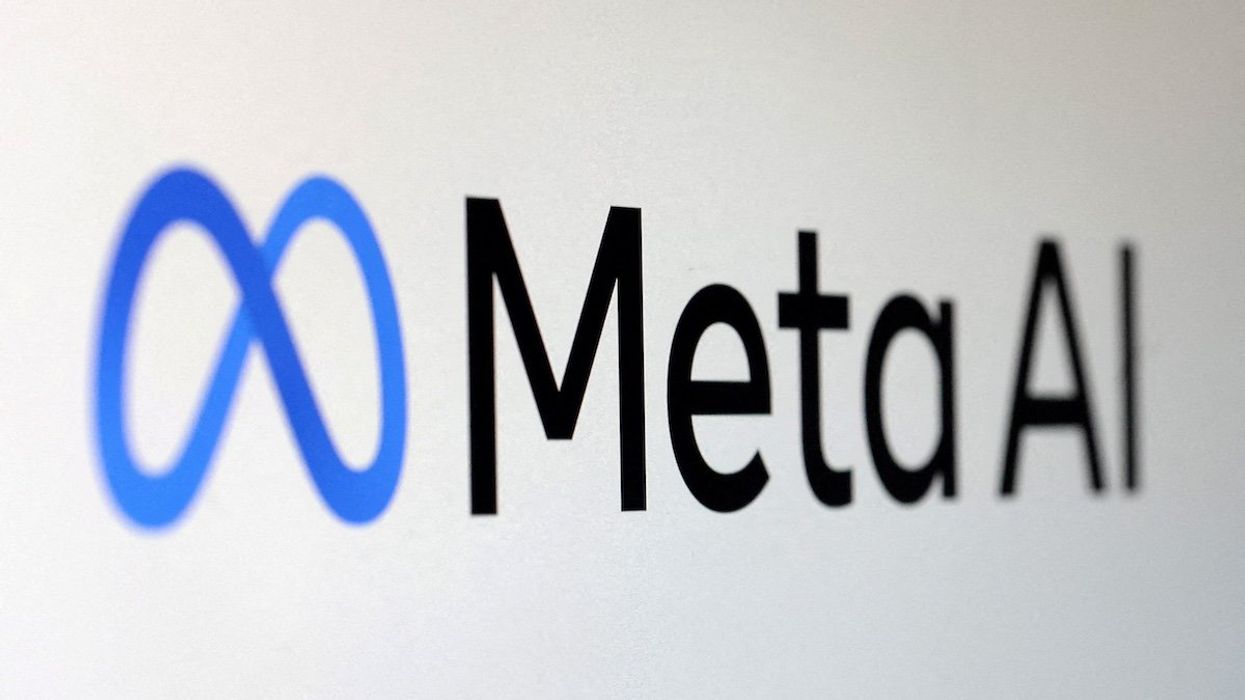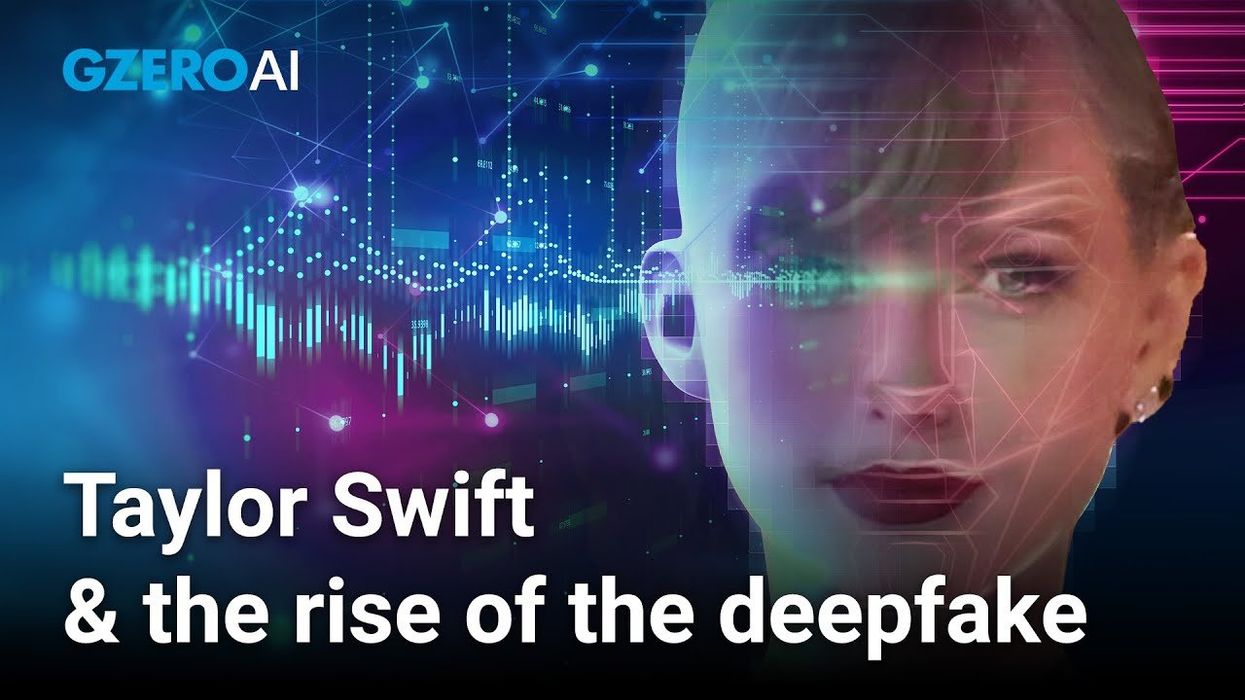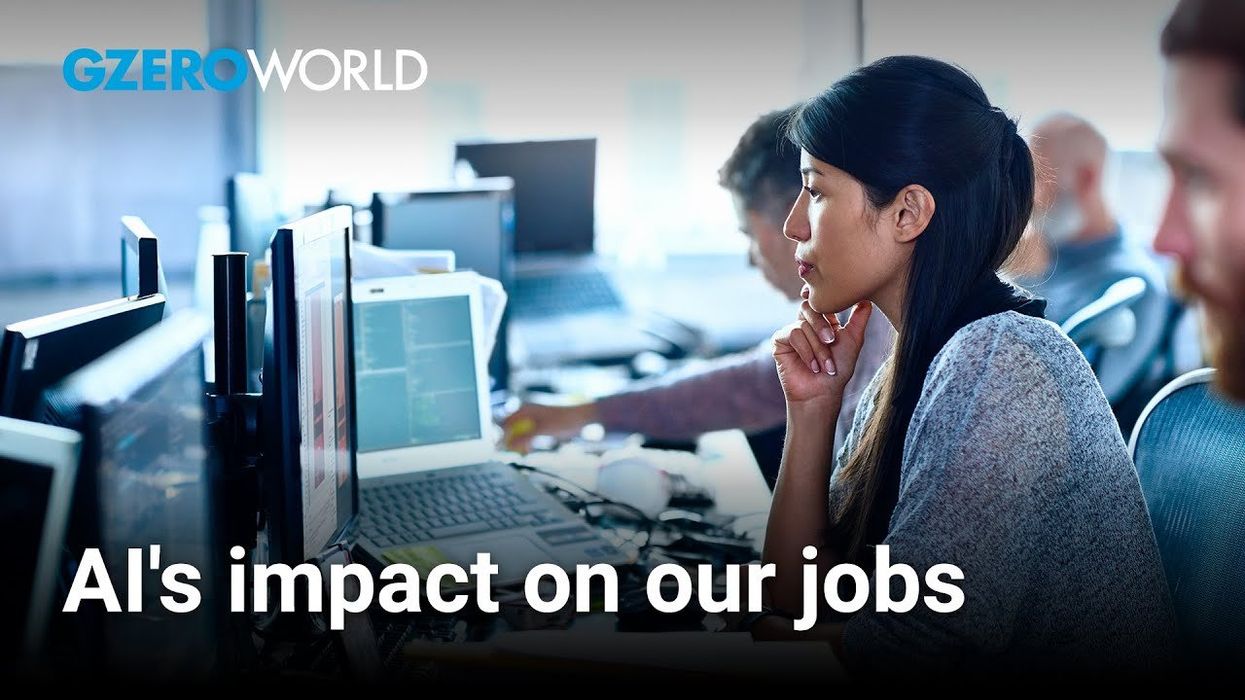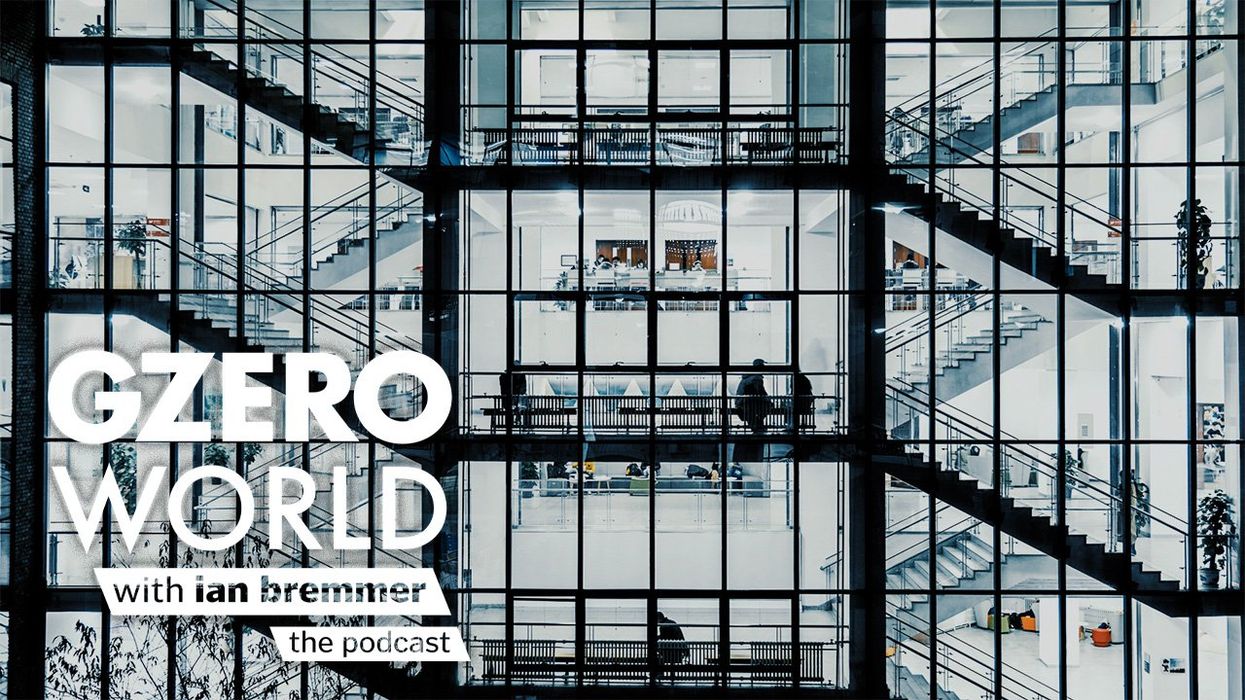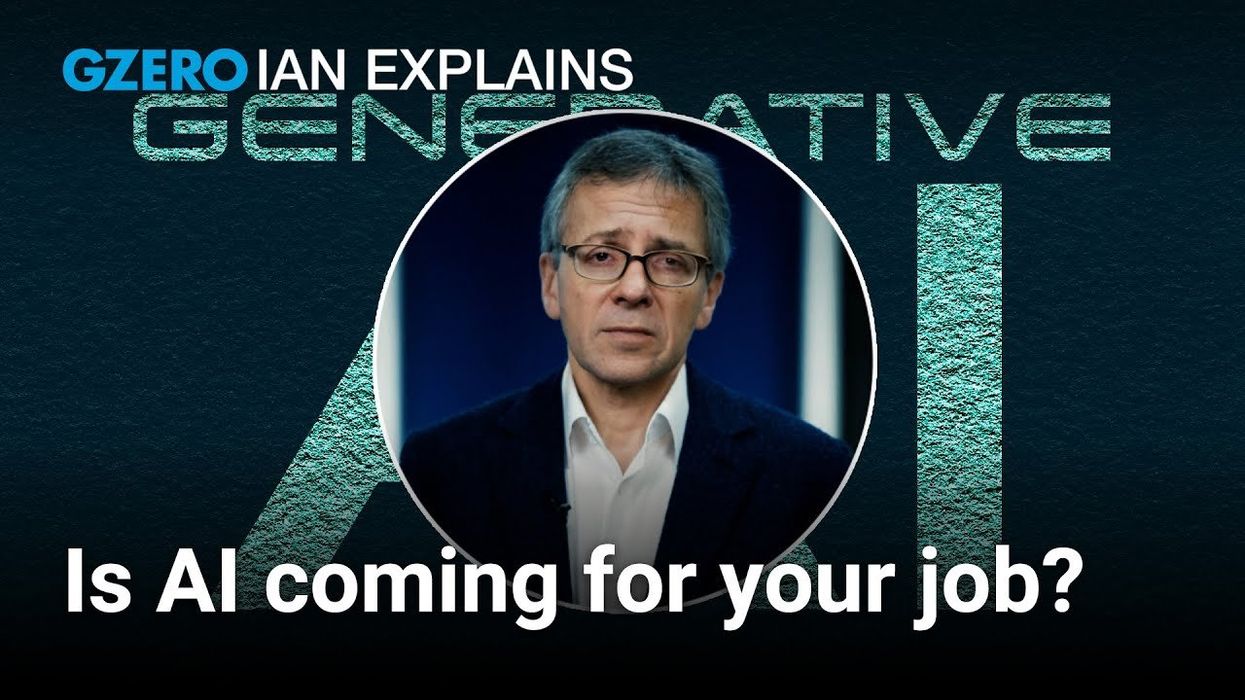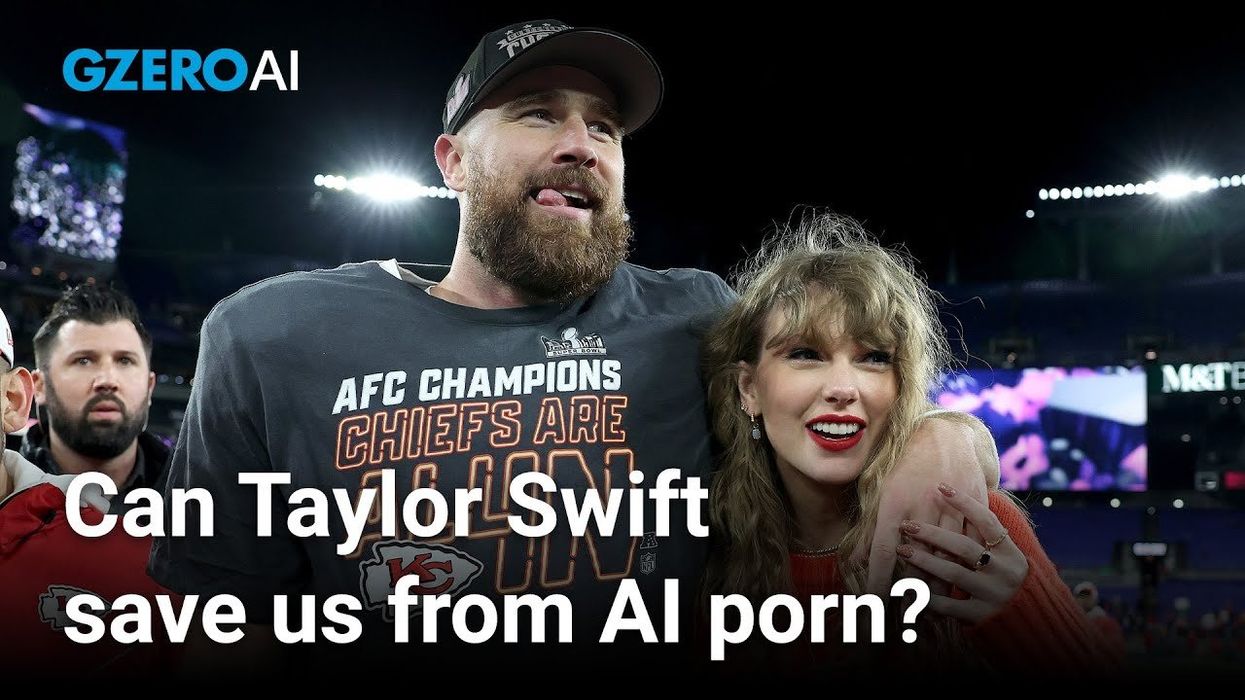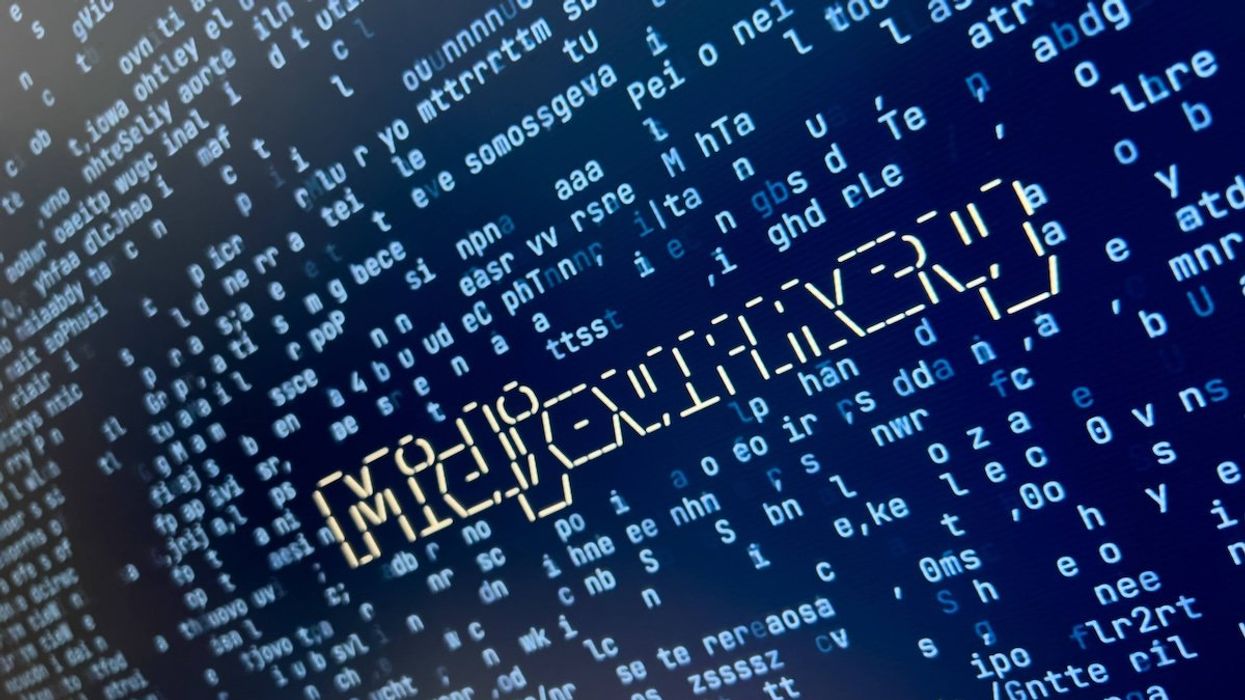GZERO AI Video
Social media's AI wave: Are we in for a “deepfakification” of the entire internet?
In this episode of GZERO AI, Taylor Owen, professor at the Max Bell School of Public Policy at McGill University and director of its Centre for Media, Technology & Democracy, looks into the phenomenon he terms the "deepfakification" of social media. He points out the evolution of our social feeds, which began as platforms primarily for sharing updates with friends, and are now inundated with content generated by artificial intelligence.
Mar 28, 2024
